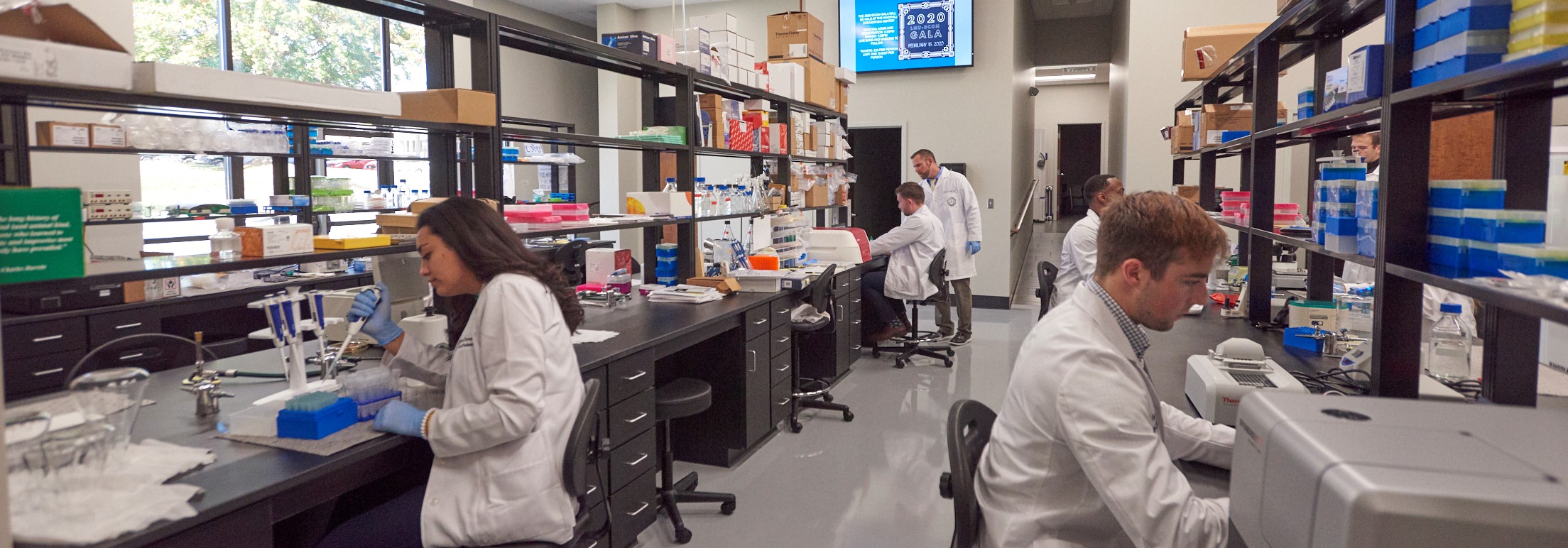Through this collaboration, LMU-CVM veterinary students can spend their summer working full-time in research laboratories at either the Gluck Equine Research Center or the UK Veterinary Diagnostic Laboratory. Under the guidance of experienced faculty mentors, students participate fully in the research process, formulating hypotheses, designing and conducting experiments, analyzing data, and communicating their findings through oral presentations, posters, and manuscripts.
Students benefit not only from hands-on technical training but also from exposure to the collaborative, multidisciplinary environment that defines modern biomedical research. Most student researchers present their work at local and regional scientific conferences, including LMU-CVM’s annual Phi Zeta Research Day, further developing their professional communication skills.
This ongoing collaboration underscores LMU-CVM’s commitment to providing veterinary students with world-class research experiences that enhance their education, inspire innovation, and contribute to advances in animal health.
Several collaborative research initiatives are ongoing between the LMU-CVM and Gluck Equine Research Center, with active involvement from LMU-CVM students. These projects include 'investigations into antimicrobial-resistant Salmonella at the animal-human-environment interface', 'H5N1 surveillance in agricultural animals across the Cumberland Gap Region', and 'the development of the first isoform-resolved catalog of transcriptional changes in the equine chorioallantois during pregnancy and placentitis'. These multidisciplinary efforts provide valuable research experience for students and are expected to yield significant scientific outputs in the near future.

